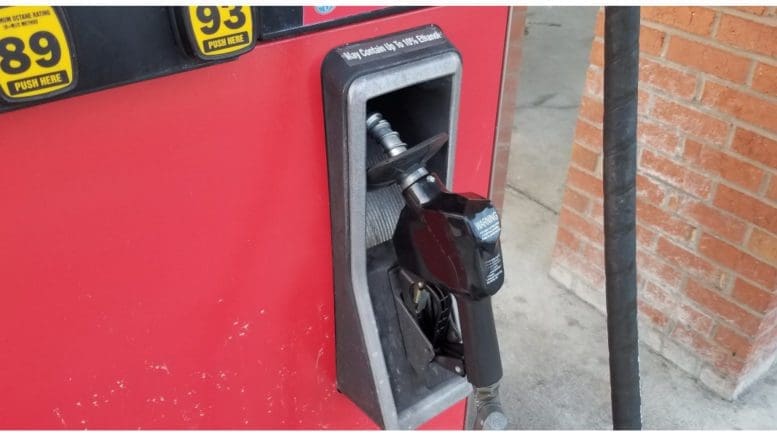Georgia gasoline priced surged over the past week but are still considerably below the national average.
According to AAA’s weekly report, gasoline prices in Georgia jumped 23 cents over the past week, reaching an average cost of $2.93 per gallon for regular unleaded.
“Due to the negative impacts of Hurricane Helene, Governor Kemp signed an Executive Order suspending the collection of motor fuel tax until October 16th. With the expiration of this gas tax reprieve, Georgians are now confronted with a renewed strain each time they refuel,” said Montrae Waiters, AAA-The Auto Club Group spokeswoman. “Fortunately, amid these challenges, there lies a glimmer of hope as Georgia’s state average for gas prices remains a comforting 24 cents below the national average.”
What will you learn by reading below?
- How do prices in Cobb County compare to the rest of the state
- What are the national trends in gasoline prices?
- What causes fluctuations in gasoline prices?
- How does AAA arrive at its price estimates?
Gasoline prices in Cobb County
The price of a gallon of regular unleaded in Cobb County is $2.946, about two cents more than the statewide average.
It is always possible to find lower gas prices than the average by comparison shopping or using tools like http://gasbuddy.com.
What are the national trends?
AAA’s weekly report stated the following about national gas and oil trends:
Since last Monday, the national average for a gallon of regular gasoline decreased by 3 cents to $3.17 (subject to change overnight). Like Hurricane Helene, Milton did not severely impact national gasoline supplies but did affect demand in areas with destroyed infrastructure, flooded roads, and power outages.
What causes fluctuations in gasoline prices?
According to the U.S. Energy Information Administration (EIA), the price of crude oil is the main factor affecting the price of gasoline.
“Strong and increasing demand for gasoline and other petroleum products in the United States and the rest of the world can place intense pressure on available supplies,” the EIA website states.
According to the EIA, other factors that can affect prices include” disruptions in crude oil supplies, refinery operations, or gasoline pipeline deliveries.”
There are also seasonal changes in demand that cause price fluctuations throughout the year.
For more information on the price considerations for crude oil and gasoline, visit the EIA website.
How does AAA determine gas prices?
According to AAA:
“AAA updates fuel price averages daily at www.GasPrices.AAA.com. Every day up to 130,000 stations are surveyed based on credit card swipes and direct feeds in cooperation with the Oil Price Information Service (OPIS) and Wright Express for unmatched statistical reliability.
“All average retail prices in this report are for a gallon of regular, unleaded gasoline.”
